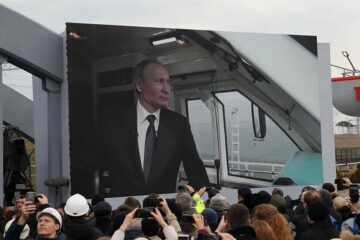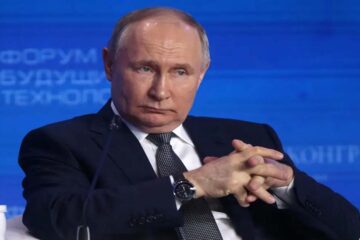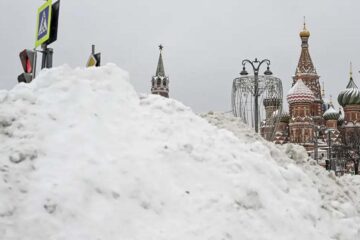Russia’s Energy Revenue Surge

Russia witnessed a significant surge in its energy revenues in February, nearly doubling its earnings ahead of the upcoming presidential elections.
Revenue Boost
According to data released by Russia’s Finance Ministry, the country recorded 945.6 billion rubles (approximately $10.4 billion) in oil and gas revenues for February. This marks a substantial increase from the 521.2 billion rubles reported in February 2023. The surge represents an over 80% jump in earnings compared to the previous year, with levies on crude and petroleum products more than doubling during the same period.
Mechanism Activation
The substantial revenue increase was facilitated by the activation of a mechanism allowing Russia to impose higher taxes on domestic oil producers. This mechanism, which had been dormant, was triggered, resulting in elevated tax revenues. The decision to implement this mechanism followed a decline in the price of Russia’s Urals crude due to intensified Western sanctions enforcement.
Mitigating Sanctions Impact
Despite facing extensive Western sanctions due to its involvement in the Ukraine conflict, Russia has managed to maintain robust oil revenues. The European Union, once a significant customer, has sought to reduce dependence on Russian energy sources. However, Russia has diversified its customer base, particularly towards Eastern markets like India and China. Moreover, Russia has navigated around price caps and sanctions using unconventional shipping methods and intermediaries.
Geopolitical Implications
As the West intensifies trade restrictions to pressure Russia, the Kremlin is under scrutiny to address compliance issues, as highlighted by difficulties with Chinese bank transactions. The upcoming presidential elections add another layer of complexity, with President Vladimir Putin’s government aiming to demonstrate stability amidst public concerns over the prolonged conflict in Ukraine.
Electoral Context
Russia’s oil revenues not only contribute to funding the ongoing conflict but also support social spending initiatives promised by President Putin ahead of the elections scheduled from March 15 to March 17. With Putin expected to secure reelection against three opponents, the utilization of energy revenues holds significant implications for both domestic stability and geopolitical dynamics.













